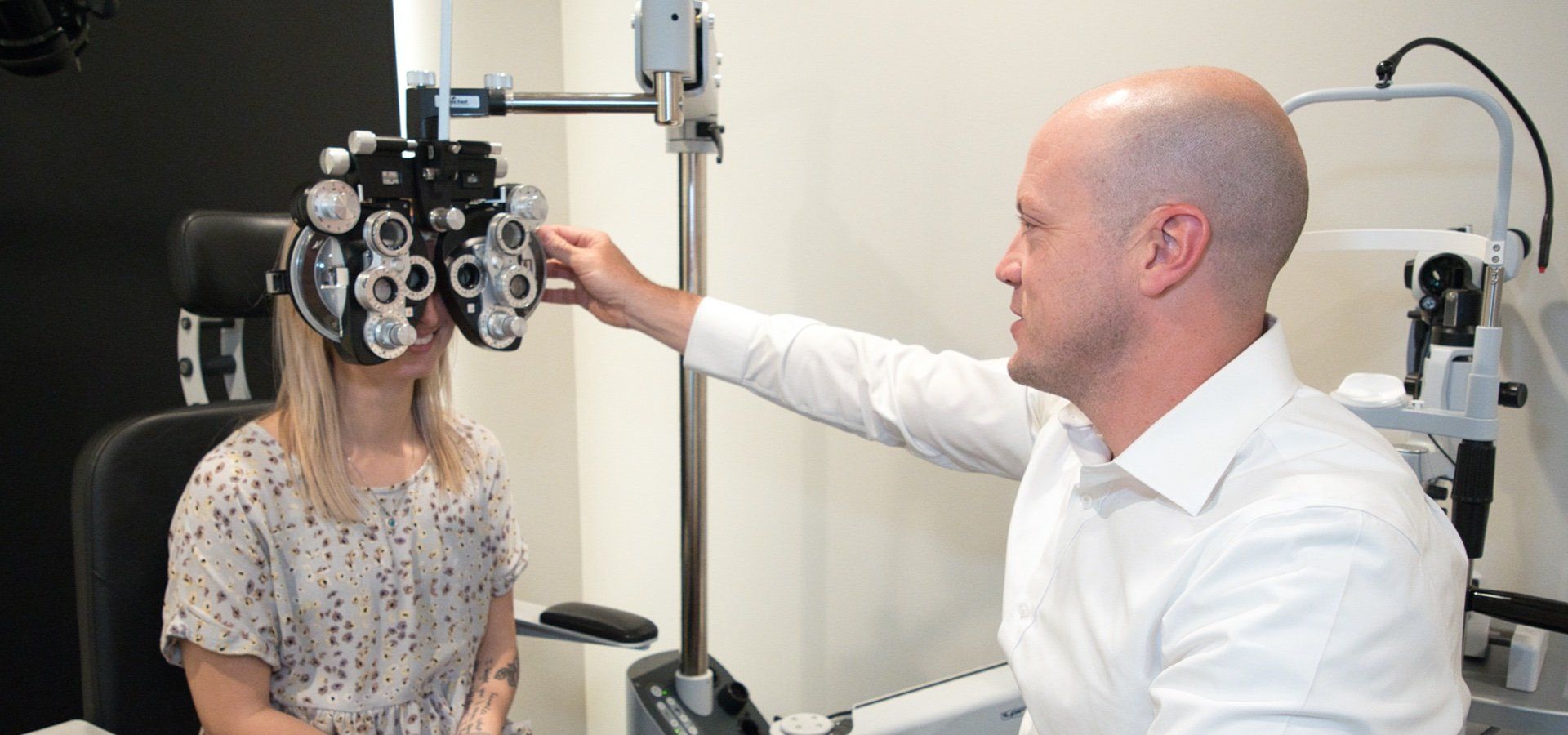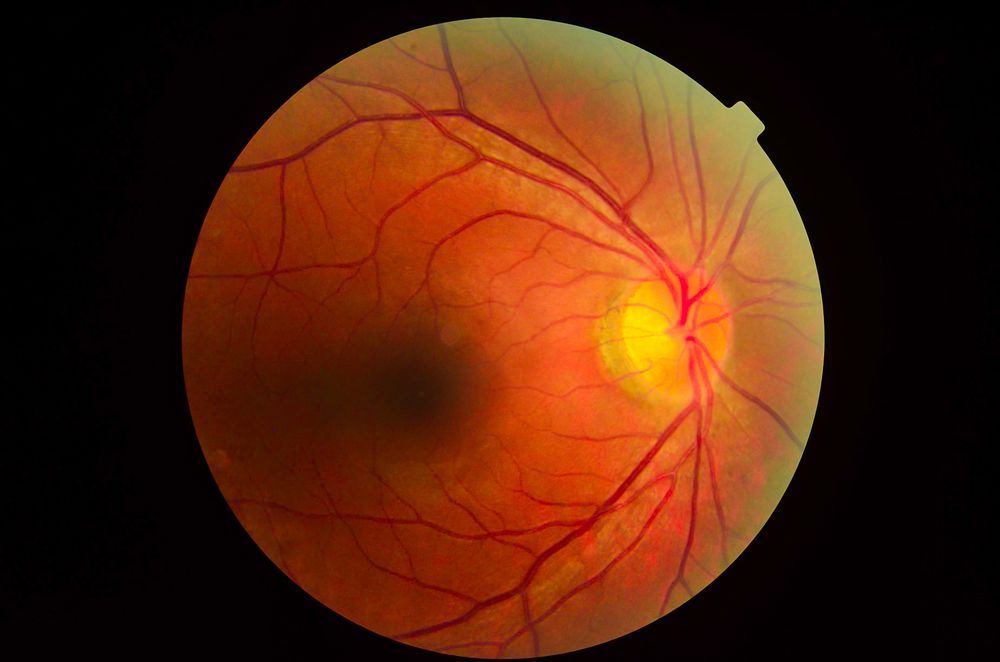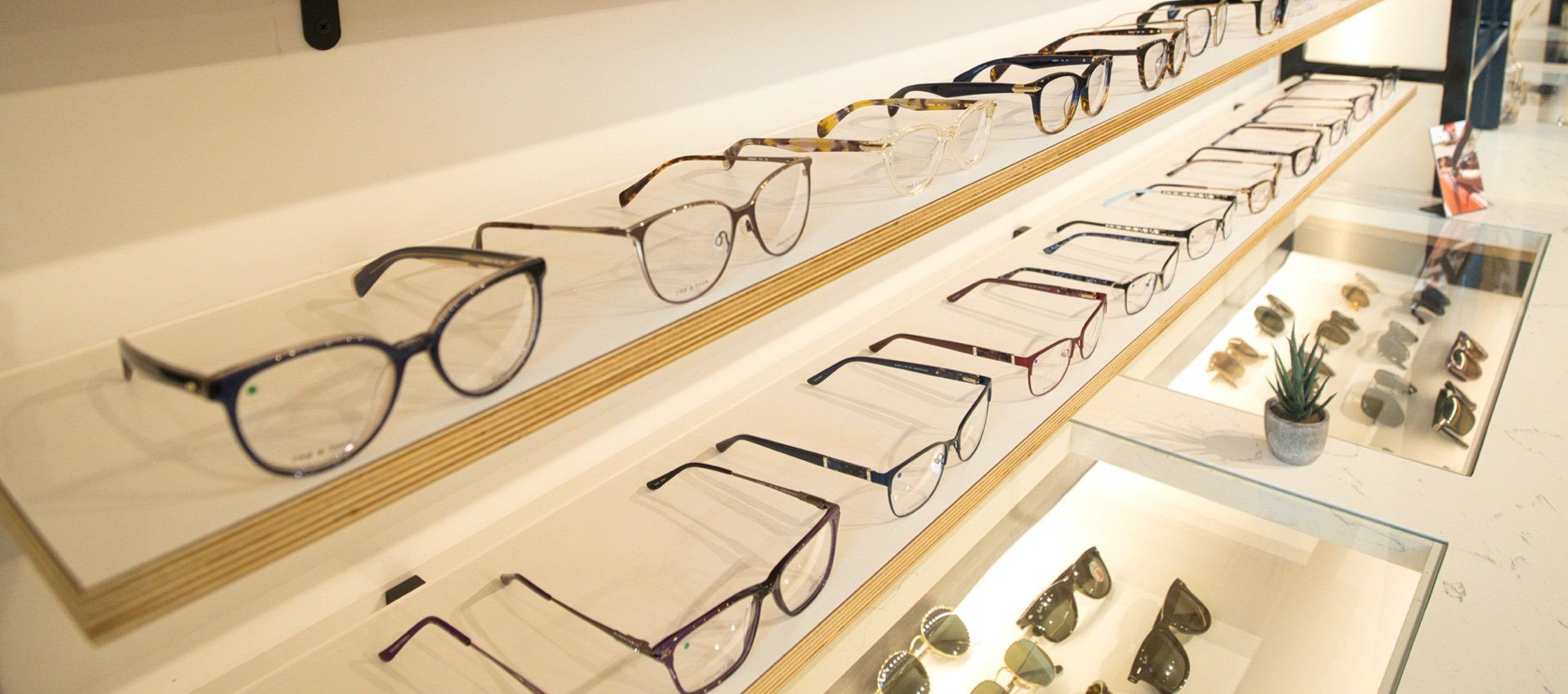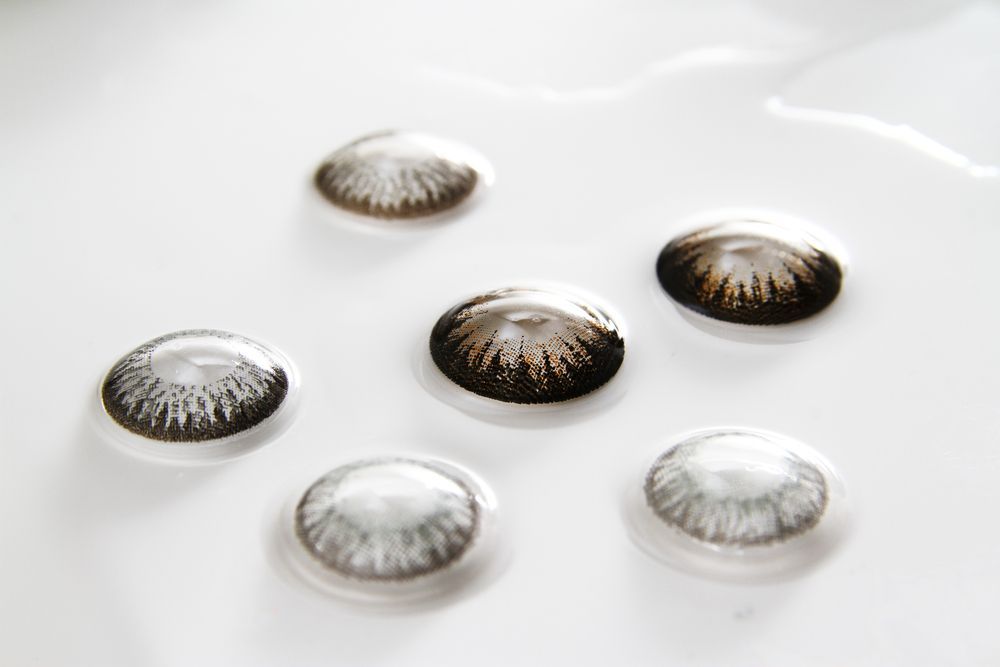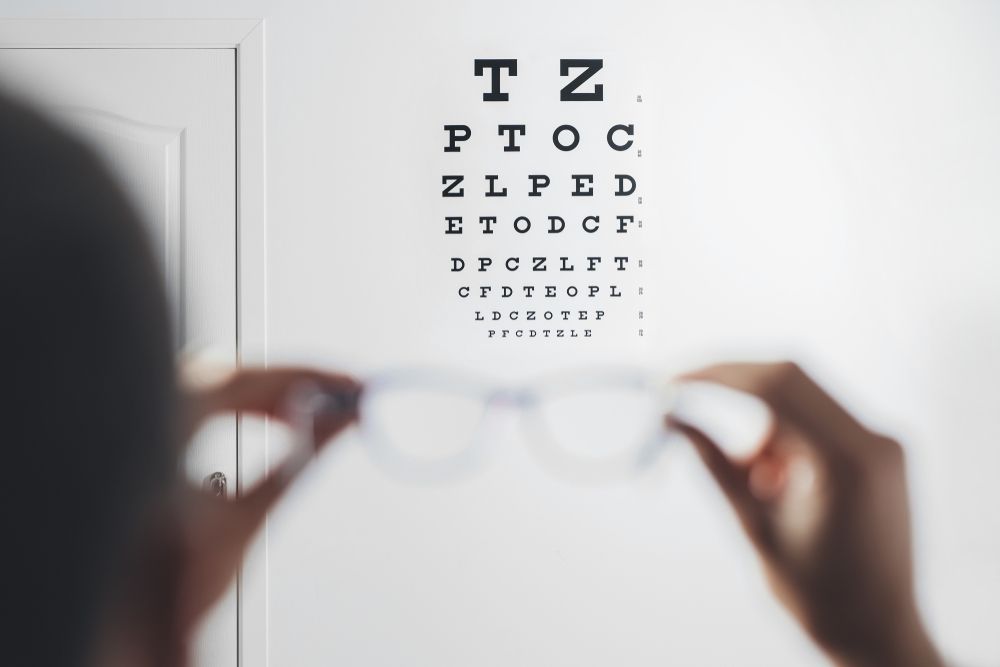When we think of seasonal allergies, most people picture springtime pollen or the golden hues of fall. However, seasonal eye allergies can occur in winter too, leaving many wondering why their eyes are watery, itchy, or red during the coldest months.
Understanding the causes and how to manage them can help you keep your eyes comfortable and healthy year-round.
What Causes Winter Eye Allergies?
Even in winter, allergens can still wreak havoc on sensitive eyes. Here are the main culprits:
- Indoor Allergens
As temperatures drop, we spend more time indoors, increasing our exposure to dust mites, pet dander, and mold. These allergens thrive in heated, enclosed spaces, which can lead to persistent eye irritation. - Dry Air
Central heating systems often dry out the air, and with less humidity, your eyes can lose moisture quickly. Dry eyes are more prone to irritation from allergens. - Winter Pollen
While less common, winter-blooming plants like juniper and cedar can still release pollen. In some regions, this can be a surprising cause of allergy symptoms. - Cold Weather Irritants
Strong Oklahoma winds and frigid air can exacerbate sensitive eyes, leading to increased tear production and discomfort that mimics allergic reactions.
How to Recognize Winter Eye Allergies
Common symptoms of winter eye allergies include:
- Itchy, watery eyes
- Redness or puffiness
- A gritty or burning sensation
- Sensitivity to light
These symptoms can sometimes overlap with other conditions like dry eye syndrome or conjunctivitis, so it’s essential to consult an eye care professional for an accurate diagnosis.
Tips for Managing Winter Eye Allergies
If you’re struggling with allergy symptoms this winter, these tips can help:
Control Indoor Allergens:
- Use a HEPA filter in your home to reduce airborne allergens.
- Wash bedding frequently in hot water to kill dust mites.
- Keep pets out of bedrooms and off furniture to minimize dander exposure.
Maintain Eye Hydration:
- Use a humidifier to increase moisture in the air.
- Apply artificial tears to keep eyes lubricated.
- Avoid sitting directly in front of heating vents.
Wear Glasses or Sunglasses Outdoors:
Protect your eyes from cold winds and airborne allergens by wearing
glasses or sunglasses when outside.
Minimize Irritation:
- Avoid rubbing your eyes, as this can worsen symptoms.
- Use hypoallergenic makeup and skincare products to reduce sensitivity.
Consider Allergy Medications:
Over the counter or prescription allergy eye drops and antihistamines can provide relief. Your doctor can recommend the best options based on your needs.
Professional Care
If your symptoms persist or worsen despite home remedies, it’s time to schedule an eye exam. Chronic discomfort could indicate a more serious issue, such as dry eye syndrome or an infection. Our doctors can evaluate your condition and recommend tailored treatments to bring relief.
Winter may bring cold days and cozy nights, but it’s not immune to triggering seasonal eye allergies. By understanding the causes and taking proactive steps to manage symptoms, you can enjoy clear, comfortable vision even during the chilliest months.
If you’re experiencing eye irritation or have concerns about your eye health, don’t hesitate to reach out.Schedule an appointment with us today, and let’s keep your eyes healthy this winter and beyond.



